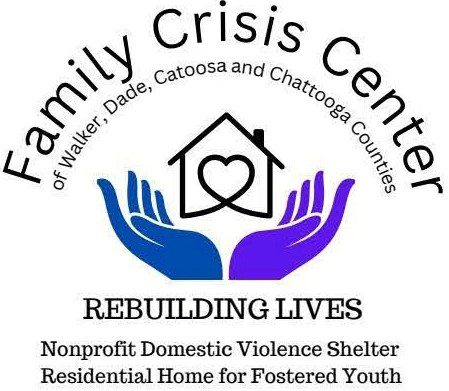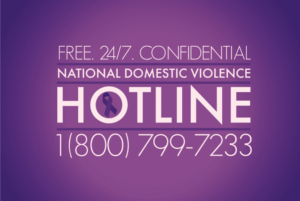Our Board of Directors
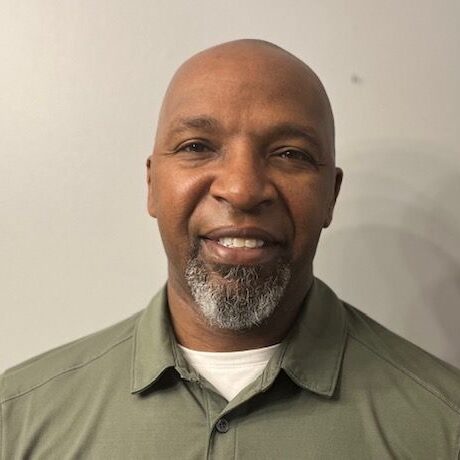
Willie D Warren Jr-
Outgoing Chairman
New Product Introduction Design Manager / Coop and Intern Coordinator at Roper Corporation I have been with the company for 28 years. Read More
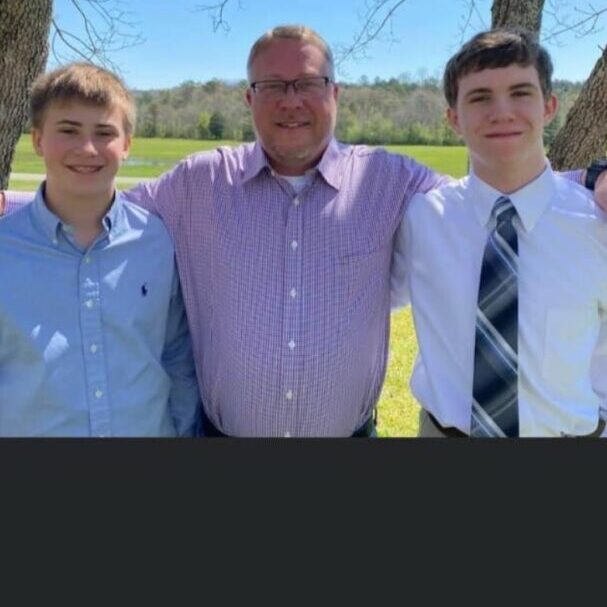
Matt Waldrop-Board Chairman
Clerk of Court of Walker County Georgia.
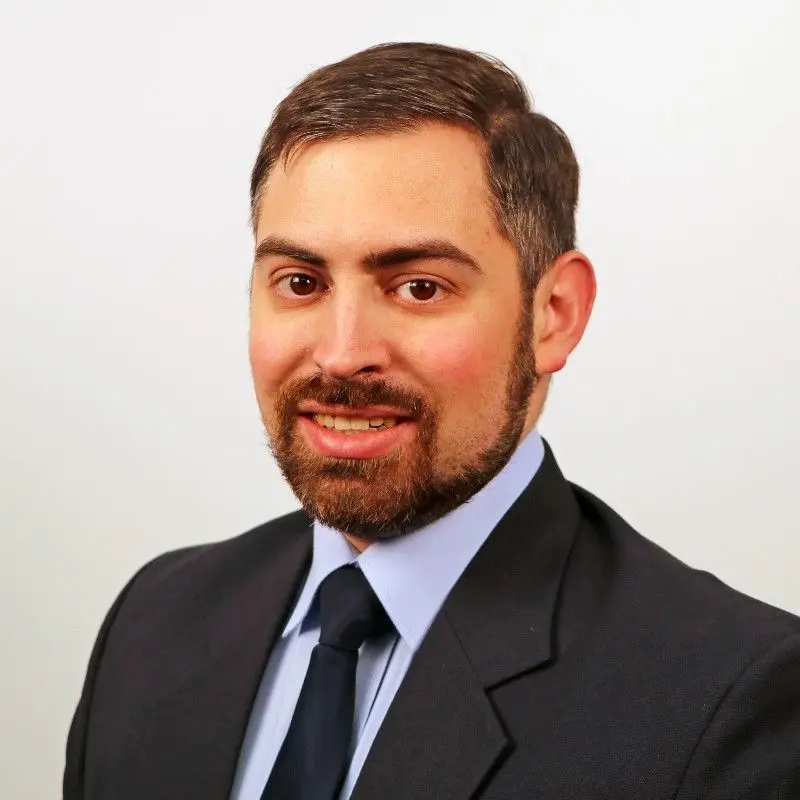
Thomas Barton-Vice Chairman
Senior Finance Analyst - Roper Corporation
I graduated from the United States Military Academy in 2010 with a Bachelors Degree in Information Technology. Read More

Jennifer Pope- Board Secretary
Born in Cincinnati, moved with my husband and the Army for most of my life. Read More
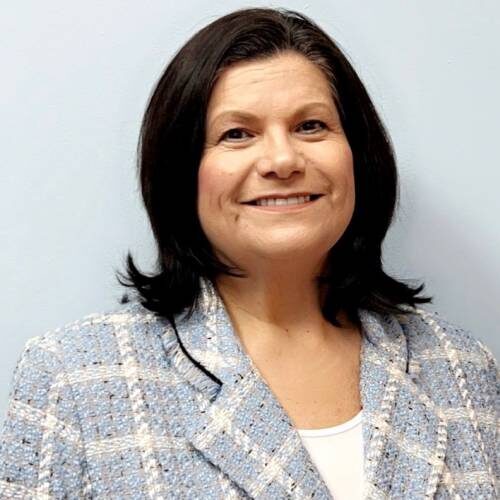
Cynthia Dianne Keith- Treasurer
Born and raised in the South Walker County, Dianne graduated from Lafayette High School and Georgia Northwestern Technical College with a Dual Diploma in Data Management and Micro-computer Specialist. Read More
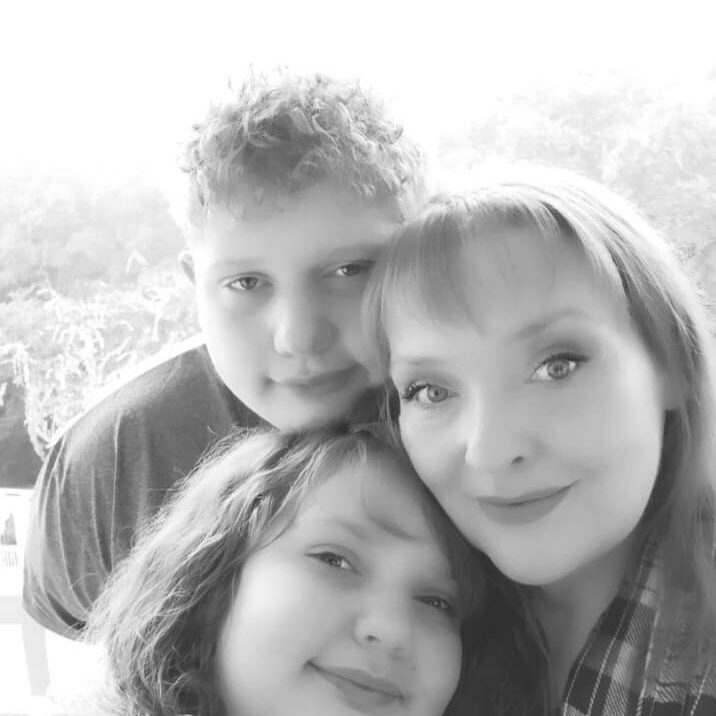
Shannon Taylor-Board Member
My name is Shannon Taylor. I am a proud mother of two who was born and raised in this area. I am a current student pursuing Bachelors of Social Work, and was inspired to pursue a career in the field as a survivor of abuse. Read More
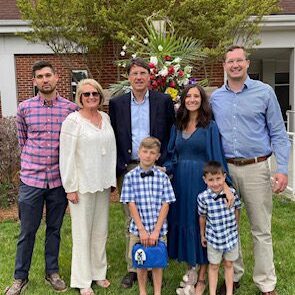
Oliver Heyer-
Board Member
I'm honored to serve as a new board member for the Family Crisis Center. My work history involves a short stint with several German companies until I found my calling in real estate. Read More
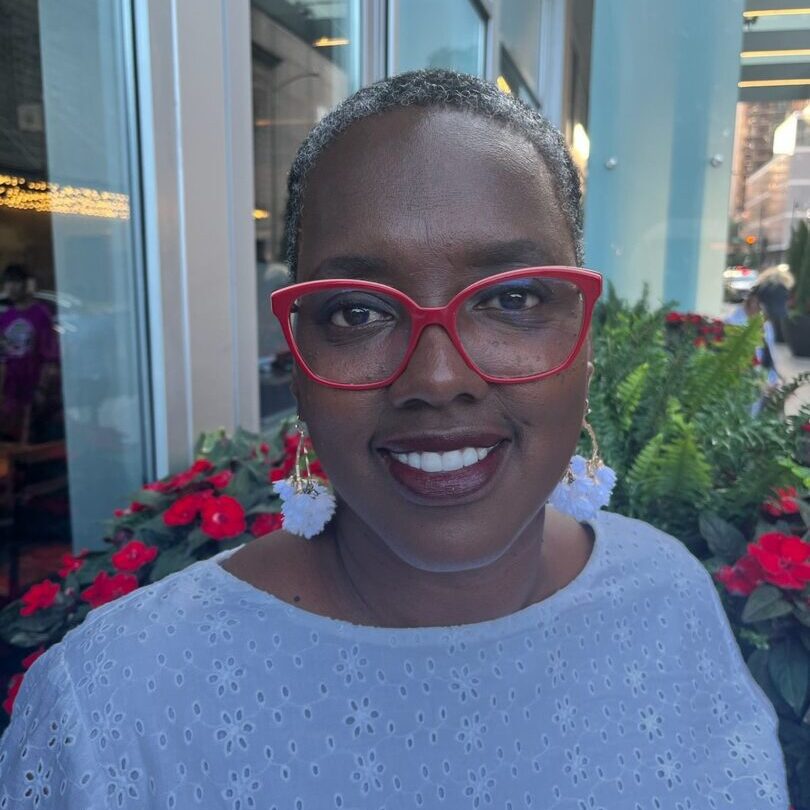
Lisa Warren-
Board Member
I am Lisa Warren, a Licensed Master Social Worker and Organizational Management Professional with over 35 years of experience in the healthcare, non-profit, and social services industries. My current role is with Roper Corporation/ GE Appliances where I serve as the Employee Relations Specialist. Read More
Executive Staff
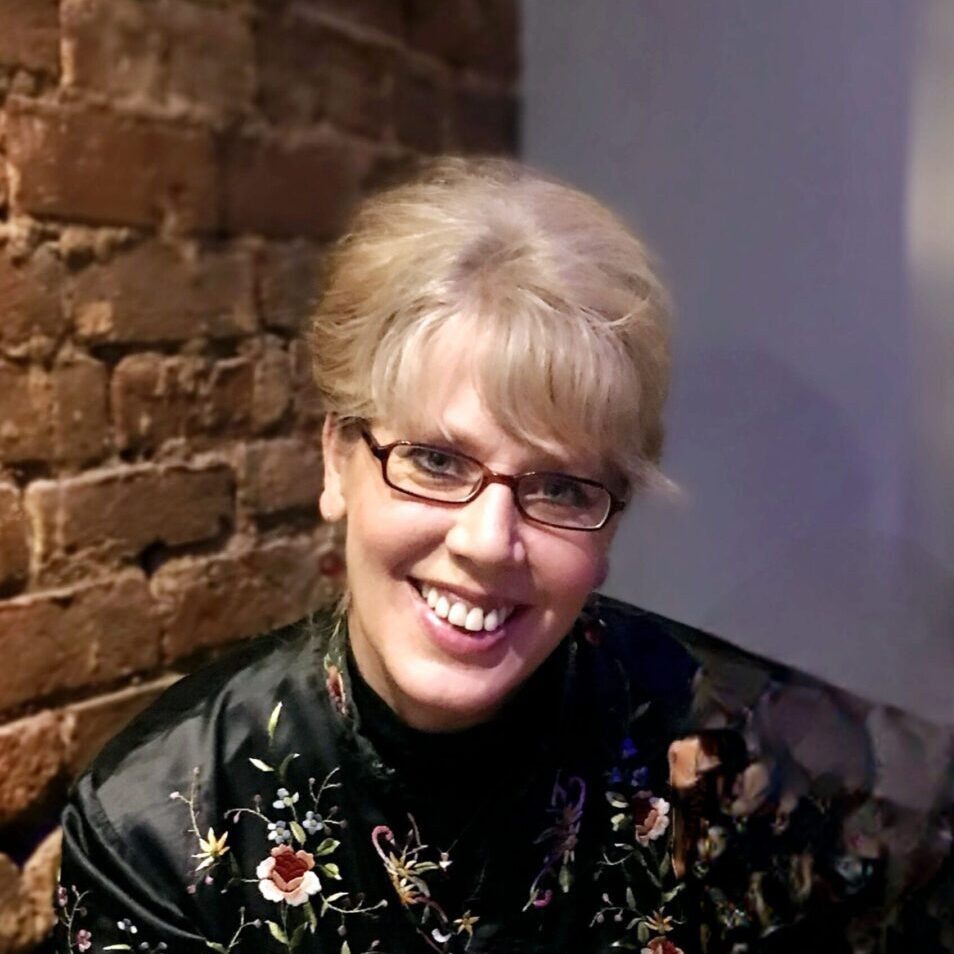
Executive Director - Rachel Bailey
Rachel Bailey, Executive Director and Mandated Reporter Trainer for the Family Crisis Center and The Cottage Group Home. I have a passion for at-risk youth, adults and leadership. Graduating Magna Cum Laude and Honor’s from The National Scholastic Society with a Master’s Degree in Education, Leadership and Human Services from the University of Minnesota/St. Paul. Read More
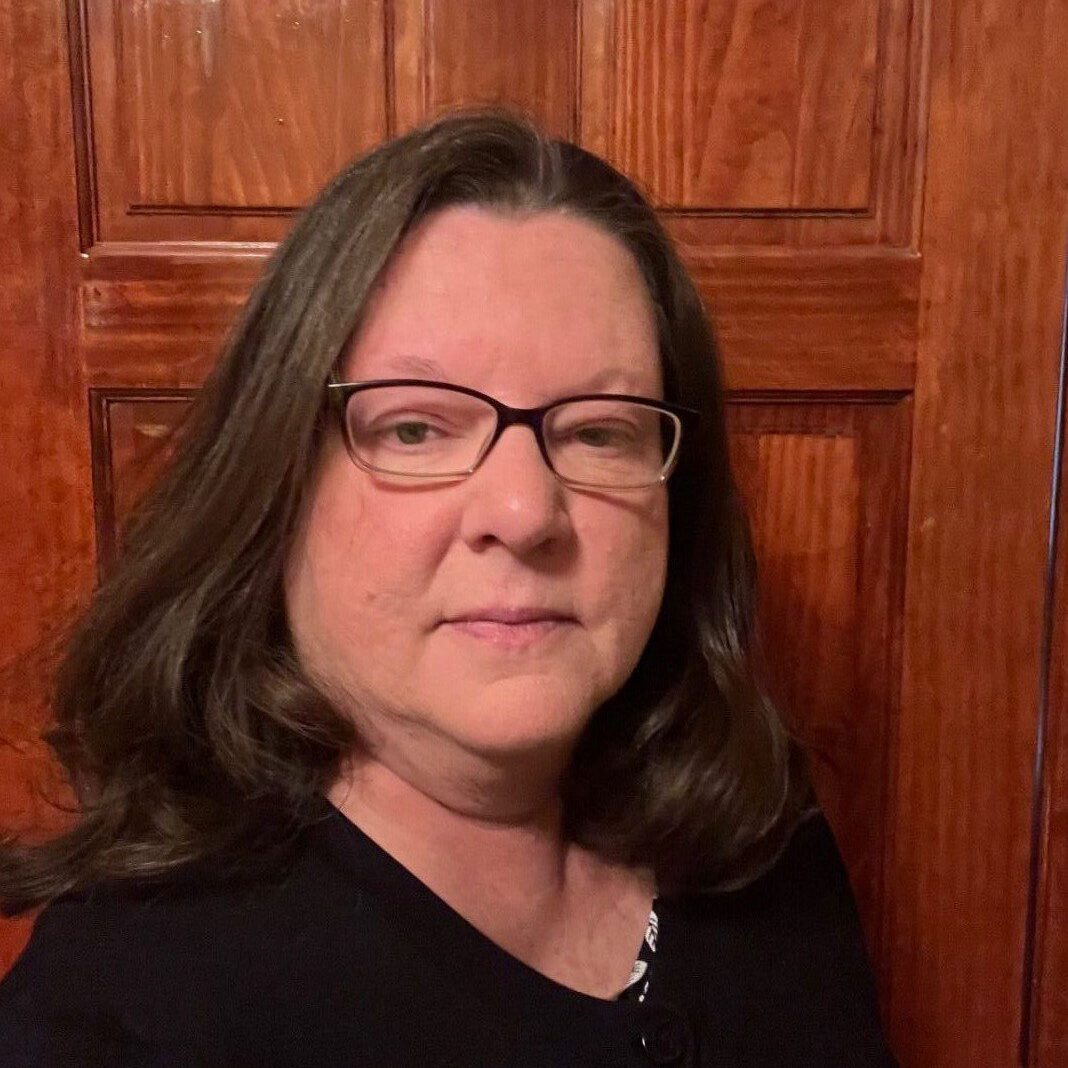
Program Director of the Domestic Violence Shelter- Tracy Winget
My name is Tracy Winget and I am the Program Director with the Family Crisis Center. I was born and raised in Chickamauga, Ga and graduated from Gordon Lee High School. Read More
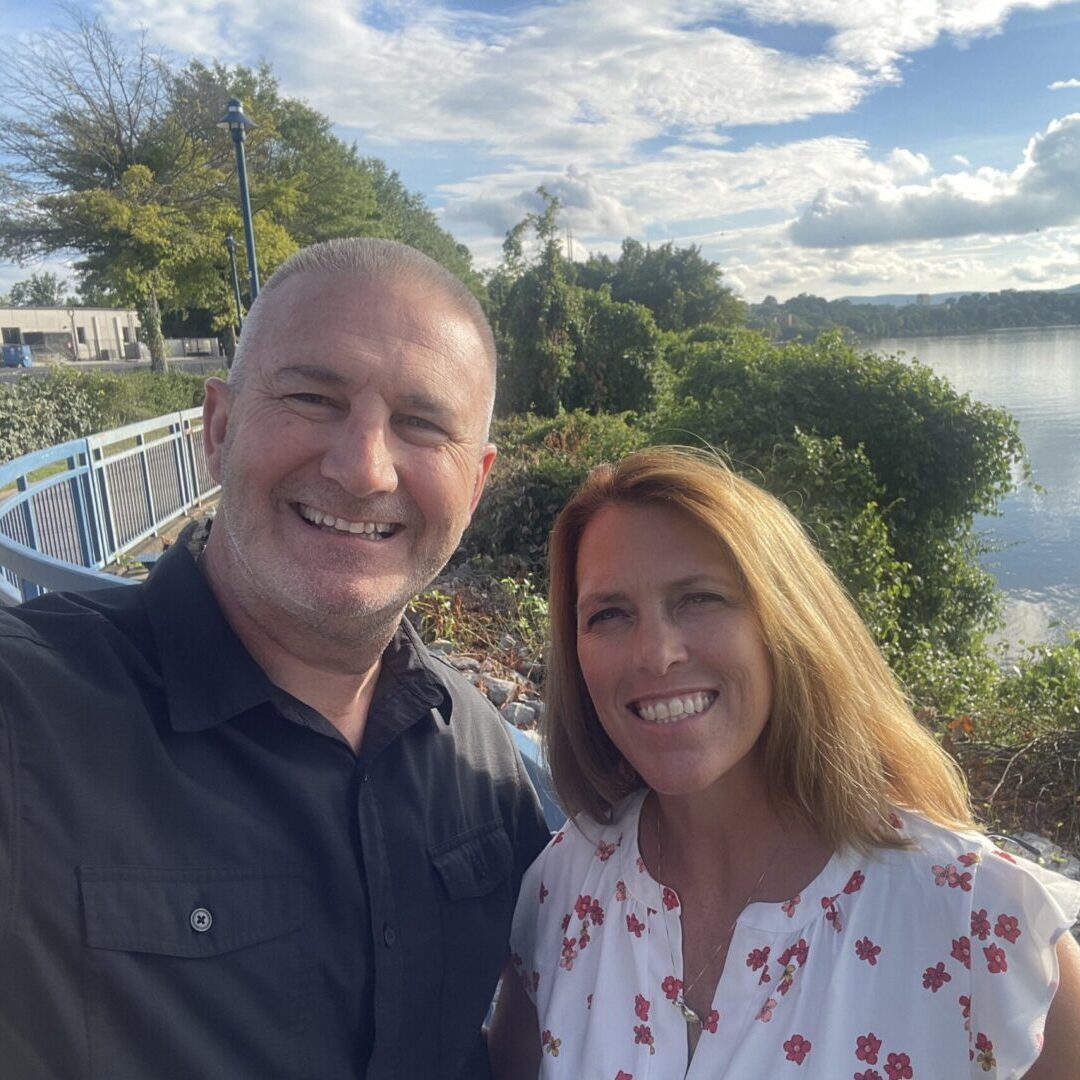
Program Director of the Youth Cottage - Melissa Smith
After serving in education for twenty-one years, I am excited to have transitioned to the Program Director role at The Cottage. The path to this new role came following my completion of a master's degree in pastoral counseling and serving as a counselor at both the group home and domestic violence shelter. Read More
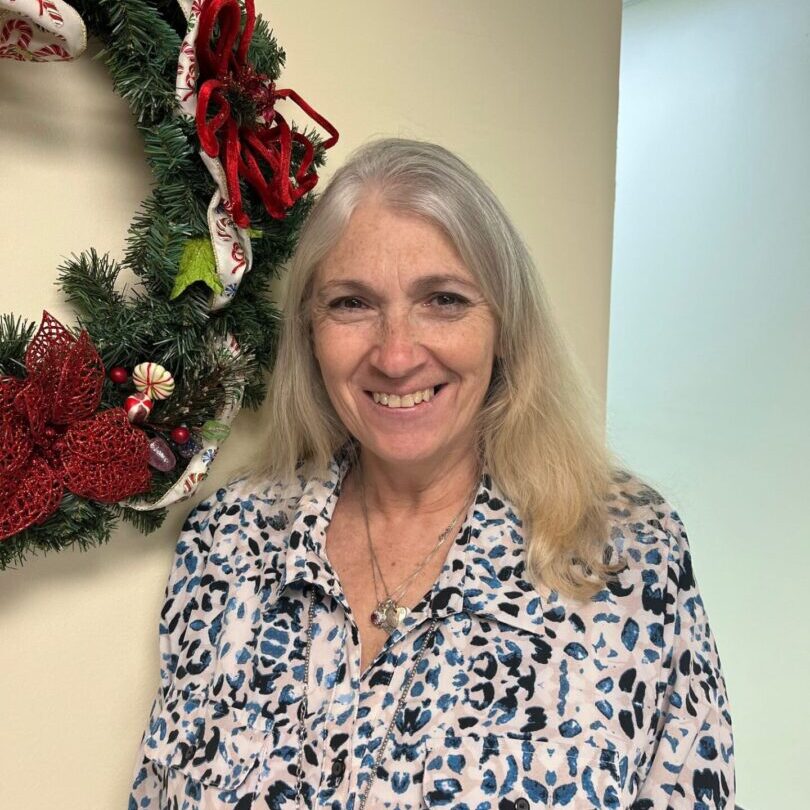
Case Manager of the Domestic Violence Shelter - Regina Neal
Hello my name is Regina Neal better known as Ms. Regina to the ladies. I am the Case Manager to the women and children of the Family Crisis Center. My passion is to assist my ladies as I affectionately call them to restore their lives not only to what it was but what it can become. Read More
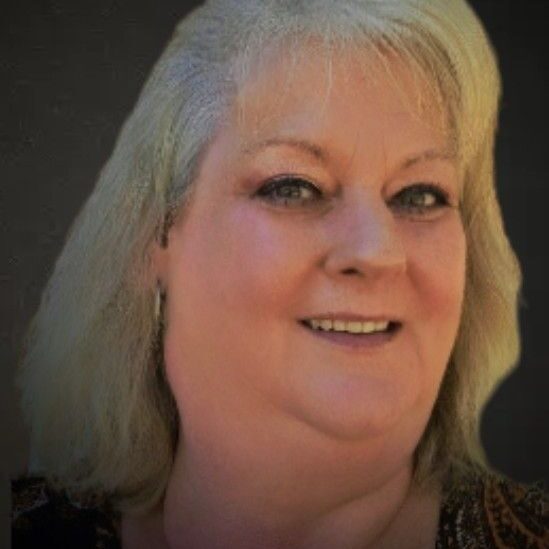
Human Service Professional of the Youth Cottage - Rita Castillo
Rita Castillo, Assistant Director/HSP at The Cottage Group Home, is a dedicated Human Service Professional with a profound commitment to making a positive impact in the lives of children in Foster Care. Read More
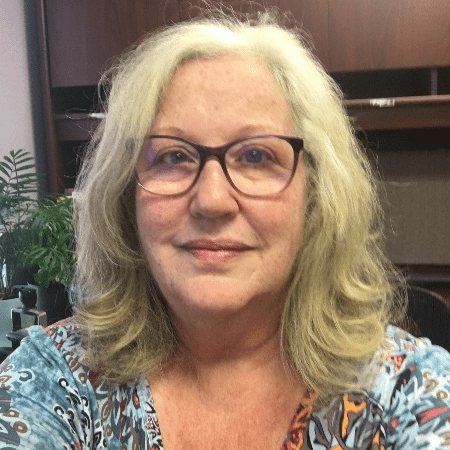
Tangie Land-
Business Director
Tangie Land is the Business Director for the Family Crisis Center. With over 40 years’ experience in the business world, Tangie enjoys bookkeeping, finance, and using her skills and knowledge to make a difference. Read More

Maintenance Director - Tyler Corbin
Hello my name is Charles Tyler Corbin. I am twenty five years old and I work for the Family Crisis Center. I'm the Maintenance Director for
the company. I handle repairs big and small for all the company's different facilities. I believe in working smart and doing a good job. Read More

A Variety of Family Crisis Centers in Northwest Georgia
In 2023, the board and staff of Family Crisis Center of Walker, Dade, Catoosa & Chattooga Counties Inc., known as FCC, undertook strategic planning to chart the organization’s future.
The organization was founded in 1994, in response to the rapid population growth of Walker, Dade, Catoosa, and Chattooga Counties and the subsequent growth in domestic violence.
Since then, FCC has been the exclusive provider of services to Walker, Dade, Catoosa, and Chattooga counties for domestic violence victims and their children.
What We Offer
Our services include emergency shelter, case management, counseling support, and basic needs for victims of domestic violence and their families. Our programs have also evolved to include a community-based outreach program.
Additionally, we operate a 24-hour crisis line and a Cottage for youth ages 11-21 and respond to calls from the community day or night. Our goal is to provide clients with the services they need to stabilize their crisis and help build a safe, abuse-free life.
Like many organizations, we faced challenges during the COVID-19 Global Pandemic. The organization continued to serve clients through its shelter, cottage, and outreach services, as well as its crisis line. Additionally, the organization has become more well-known and diversified its funding sources.
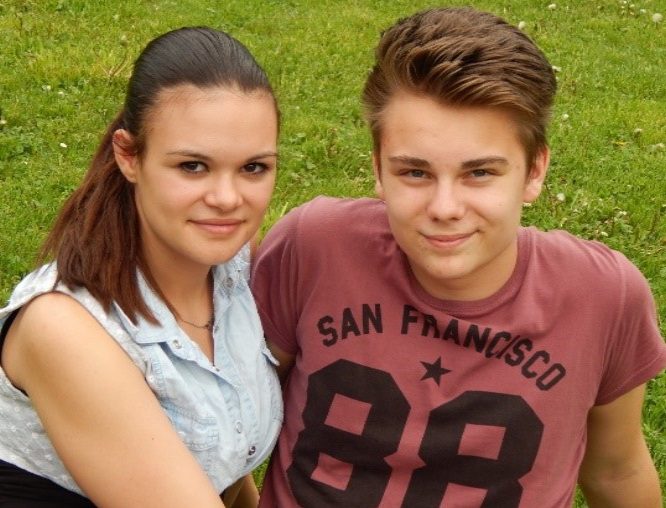

Mission Statement
To support victims of domestic violence as they become survivors and lead healthy, abuse free lives.
Vision Statement
To be the premier non-profit in Walker, Dade, Catoosa and Chattooga Counties using a trauma-informed care service model to meet the needs of domestic violence victims and support them as they overcome barriers.
We have the right people (staff and board) and financial resources in place to support our organization’s mission. Our Thrift Stores help to support the work we do.
Strategic Direction
Through the strategic planning process the Family Crisis Center board and staff committed to strengthen the organization by continuing to focus on organizational development, excellence in programs, and developing a sustainable funding strategy. Achieving the specific goals outlined below, Family Crisis Center of Walker, Dade, Catoosa and Chattooga Counties, will have a greater impact on the communities we serve and empower victims of domestic violence to live violence free lives.
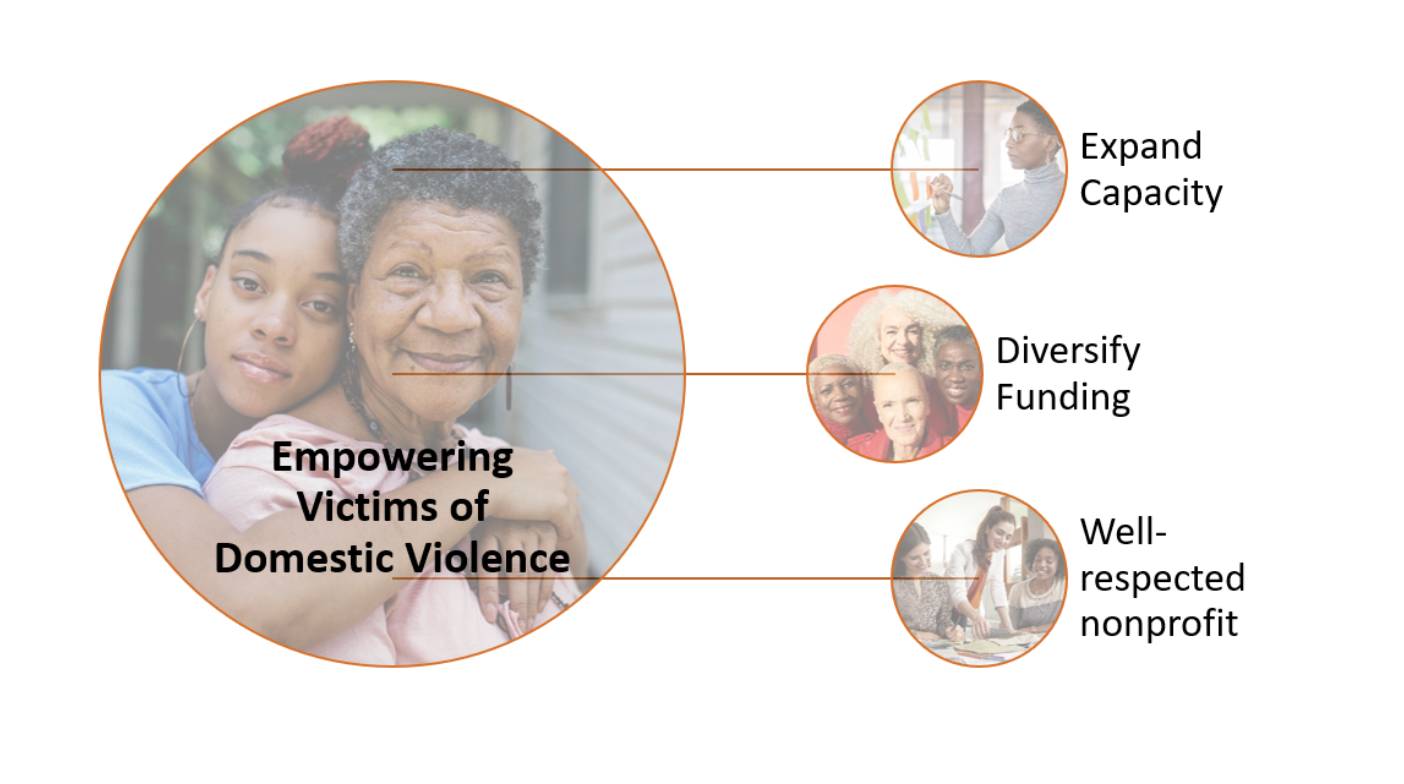
Strategic Direction
Goal 1: Empower clients to reach long-term success through a full continuum of services.
Goal 2: Expand staff, board, and volunteers to support our mission and programs.
Goal 3: Diversify funding with robust, consistent non-government funding streams.
Goal 4: Family Crisis Center of Walker, Dade, Catoosa and Chattooga Counties is known throughout the communities we serve as a well-respected and valuable nonprofit.
Goal 1: Empower clients to reach long-term success through a full continuum of services.
Short-Term Outcomes:
- Increase intentional and defined collaborations 5 with partner agencies.
- 40% of sheltered clients are able to transition into stable housing. [1]
- Expand engagement in the outreach program to Hispanic & Native participants.
Long-Term Outcomes:
- 25% of outreach participants remain connected to Family Crisis Center after 1 year.
- 50% of participants are collaboratively case managed.
- 25% of clients can live independently after six to nine months.
Objectives:
- Increase external partnerships and engagement.
- Enhance systems to support programs.
- Increase awareness of community programs.
Initiatives:
- Re-engage partnership efforts focused on intentional collaborative case management.
- Develop formalized referral systems for clients.
- Develop collaborative case management with external partners.
- Expand relationships with housing providers, (real-estate) (landlords).
- Investigate and learn about transitional housing programs with the focus of making a decision about program expansion by 2024.
- Refine community programing for non-shelter residents.
- Develop awareness for community programing among potential clients.
- Enhance reporting, follow-up, and long-term outcome tracking capabilities.
- Create metrics and/or proxy measures and baselines for financial sustainability, housing stability, abuse free, and connection to Camden House outcomes.
- Develop internal communication tools for residents to access information easily.
- Continue to enhance and increase case management support for clients.
- Continue to train new staff in Trauma Informed Care and provide ongoing training and learning opportunities for current staff.
Goal 2: Expand staff, board, and volunteers to support our mission and programs.
Short-Term Outcomes:
- 85% of board members are engaged.
- Always maintain a pool of 3 part-time advocates.
- Grow consistent volunteer pool to 15 volunteering at least once per month).
Long-Term Outcomes:
- 85% of staff rate Family Crisis Center culture as positive.
- 80% of full-time staff meet or exceed annual performance goals.
- 25% of volunteers are direct service volunteers.
Objectives:
- Increase board engagement.
- Increase the skills of staff and board members.
- Increase staff capacity.
- Increase the number and type of volunteers engaged with the organization.
Initiatives:
- Maintain recruitment activities to sustain consistent staffing levels.
- Develop a strategic talent plan to identify future staffing and volunteer needs.
- Develop leadership pipeline within the organization.
- Create opportunities for mentoring and training for supervisors to develop leadership within the organization.
- Evaluate areas where contractors could add short-term capacity to the organization including: building maintenance, marketing, fundraising, and grant writing.
- Developing an organization culture that values and reinforces professionalism, team orientation, trust, and care for others.
- Implement team building activities to reinforce culture and staff recognition activities across the organization.
- Implement solutions focused culture.
- Refine annual staff evaluation and development process with goals tied to strategic and programmatic goals.
- Continue to offer professional development opportunities through CJCC and GCADV training and growth projects.
- Create a volunteer plan to identify critical volunteer roles across the organization including crisis line support and other areas of organizational need.
- Develop a robust volunteer program to identify, recruit, screen, train, manage, recognize, and retain volunteers.
- Implement annual board self-assessment process to develop annual goals and identify areas of strength and weakness.
- Develop annual training calendar for board of directors with a focus on fundraising skills.
- Complete a board matrix to identify current and future gaps in board based on demographics, skill set, social capital, and experience.
- Based on board matrix, develop board recruitment plan to identify and recruit new board members to the board with the goal of expanding the board.
- Create a leadership pipeline for officers and committee chairs.
Goal 3: Diversify funding with robust, consistent non-government funding streams.
Short-Term Outcomes:
- Grow individual donors by 20% by 2025.
- Grow year end giving to $20,000 by 2025.
Long-Term Outcomes:
- Increase non-government funding to 35% of budget by 2026.
- Maintain at least a 9month operating reserves.
Objectives:
- Increase donor retention.
- Increase the number of sponsors.
- Increase communication with donors.
- Increase board engagement in fundraising.
Initiatives:
- Develop a stewardship plan to engage current and past donors through contact with staff and board.
- Identify potential champions/advocates from current board, volunteers, and past board members to cultivate and steward other individual donors.
- Use multi-channel approach to increase frequency of communication with donors highlighting outcomes and stories about program success.
- Identify potential individual donor segments and engagement strategies for each segment.
- Create a comprehensive year-end Mail and Giving Tuesday campaign.
- Build capacity and capability around digital fundraising.
- Launch legacy giving program and engage local advisors.
- Investigate and acquire a donor management system.
- Identify future board leads for major fundraising events.
- Continue to develop relationships with local foundations.
Goal 4: Family Crisis Center is known throughout the communities we serve as a well-respected and valuable nonprofit.
Short-Term Outcomes:
- 50% of Teen Influencers are actively sharing content.
- Crisis calls from other counties increase by 20%.
Long-Term Outcomes:
- 75% of community leaders identify Family Crisis Center as a respected and valuable nonprofit.
Objectives:
- Increase awareness among community members.
- Increase brand recognition.
- Increase awareness among teens.
- Increase awareness of potential donors and volunteers.
Initiatives:
- Complete and implement organizational re-branding.
- Launch updated website with enhanced online fundraising capabilities.
- Utilize external contractor for content management and creation.
- Create a long-term marketing and fundraising plan.
- Create plan for community engagement activities and calendar of community events to participate in to raise awareness.
- Develop and extend community engagement capacity.
- Launch faith-based outreach program to increase awareness of faith leaders in the community.
- Develop and identify community leaders in Walker, Dade, Catoosa and Chattooga Counties to engage and build relationships.
- Develop one to two friend raisers to increase awareness from potential donors.
- Establish teen dating violence program.
- Develop and launch a teen influencer council to support and reinforce programing.
